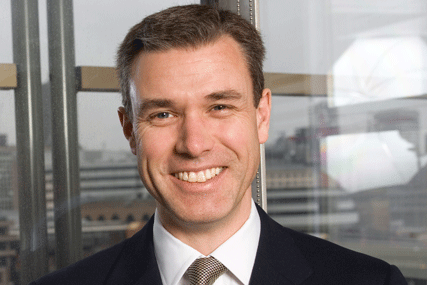
Speaking today at a Department of Culture, Media and Sport local media summit in Westminster, Richards warned that failure to adopt a new way of delivering local TV news would be "an historic missed opportunity."
The head of the media regulator argued that without urgent action to replace ITV's news services - which are being scaled back as the embattled broadcaster looks to save millions of pounds annually - viewers would only have the BBC as their only local TV news supplier.
Richards said: "If we want to retain nations and regions news beyond the BBC, we need to act. The current system may be particularly hard hit by the recession, but is also unsustainable even under a benign economic climate.
"Unless we act soon, a diverse supply of high- quality news provision will slip away. It is as simple as that."
Richards outlined details regarding Ofcom's blueprint for future public service broadcasting, disclosed initially in January this year.
He said that independently funded consortia could launch that would be publicly funded and which comprises of combinations of radio, TV or local newspaper groups.
Ofcom estimates that public funding of between £60m and £80m would be needed to finance a non-BBC local news service, which would "meet the aspirations of healthy local democracy, quality journalism and the needs of audiences in the digital age".
Richards said such a service could be funded from the money no longer needed for digital switchover, once that process completes in 2012.
Specifically, he is targeting the recurring money that will be surplus to the BBC's programmes and services budget after digital switchover if the licence fee is maintained at its present level in real terms.
He added: "Is it unrealistic to pitch for up to £100m of new money in the current climate?
"Clearly, the case for direct taxation to be used for such a purpose is, for the foreseeable future, a very, very difficult case to make.
"Nor is an industry levy likely to be an attractive proposition in the middle of a recession, even though it has been adopted in a number of other countries.
"So from the options presented in our PSB review, that leaves the switchover surplus in the licence fee as the strongest candidate.
"To be clear at this stage, I am not necessarily talking about the one-off pot already allocated to supply set-top boxes to older and disabled people, and which looks like being underspent by some margin.
"The Government has said this underspend is likely to be used in large part to support universally available broadband. Amen to that. If there is a residual, then all the better."


.jpg)


.jpg)